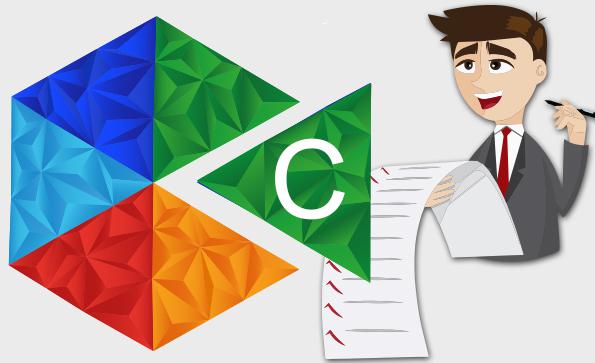
Conventional employees are often seen as traditional, ones who like to follow the routine, and avoid work that does not have clear directions. But a Conventional employee is more than that. In the workplace, the Conventional personality types keep the things running smoothly and take the organization to the next level. You will find that some of your most efficient and dependable finance personnel, administrators and technical writers are Conventional – particularly if you’re using John L. Holland’s RIASEC theory of career suitability. Conventional is one of the six personality types identified by Holland, based on a person’s areas of interest. From there, we can create fifteen combined profiles which can be used to gauge an individual’s fit in the different work roles.
Signs of a Conventional
Meticulous and conformist, Conventionals have been given the apt moniker of “organisers”. At ease in hierarchical environments, they value accuracy, stability, and are comfortable with rules and instructions.
Do some of your employees
Prefer following structured processes to participating in collaborative mind mapping?
Believe in relying on quantitative data rather than intuition?
Become stressed out when others break the rules?
If you answered yes to all those questions, those employees will probably score high on Conventional.
So what roles are Conventionals suited to?
These individuals are methodical in nature and tend to have a high interest in data and numbers. They often find themselves in managerial, analyst roles, or administrative functions, thanks to their high levels of organisation and logic. Yet Conventionals are not a homogenous group. There are a large number of fields they may enjoy working in, from construction to social services and medical to human resources. To get a greater insight into what makes them tick, refer to their combined profiles.
The 5 Kinds of Conventionals
1. Conventional/Realistic (C/R): These practical people are well-suited for technical and manual roles. Opening a new branch or factory? Ask a C/R to oversee the fit-out. Testing a new product? Get a C/R to double-check how well it operates.
2, Conventional/Investigative (C/I): These highly logical individuals are drawn to theoretical knowledge and models. Allocate them market research analysis for a thorough report.
3. Conventional/Artistic (C/A): Creative yet structured, these people tend to create art within strict frameworks. Need a graphic designer to meet extremely specific briefs? Look for a C/A.
4. Conventional/Social (C/S): These helpful, team-orientated people use their meticulous nature to support others. Do you have a disorganised, but otherwise brilliant, team? Add a C/S to the mix.
5. Conventional/Enterprising (C/E): These action-orientated people value good working relationships, yet that doesn’t stop them from seeking power. This can make them the perfect decision-maker. Need a purchasing manager? Put a C/E in charge
How Conventionals can thrive in all settings
Process-driven, rule-following Conventionals like to do things with the eye for detail, making them a manager’s dream. They won’t just fill out the paperwork; they’ll do it early, with a smile, and possibly even with colour-coding.
As Conventionals may struggle in a more organically structured environment, they must be reminded that processes exist to facilitate innovation while maintaining productivity. So, when needed, creativity should be given precedence over just careful organisation.
In the wrong roles, Conventionals may work slowly and experience work stress. Yet in the right ones, they bring the much-needed order and reason in an overtly enthusiastic team. For example, when designing the iPhone, a few conventionals in the team, ensure that Apple doesn’t wander too far from the vision of its legendary founder.





